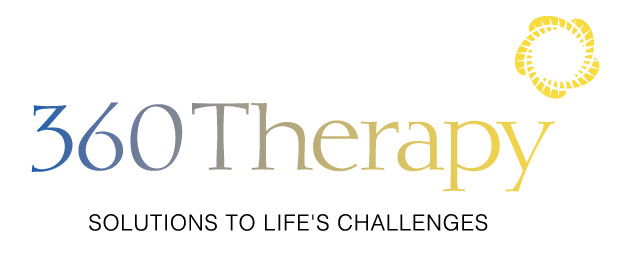Obsessive Compulsive Disorder – OCD Therapy
 A repetitive and ritualistic behavior that in times becomes excessive and feels obligatory is what is clinically termed Obsessive Compulsive Disorder (OCD), and it technically listed under Anxiety Disorders in the American Psychiatric Association’s Diagnostic and Statistical Manual. Obsessions are constant and persistent thoughts that cause significant distress due to their troubling nature and recurrence. Compulsions are the repetitive behaviors a person engages in to try and quell these obsessions. Two common examples are the person who, due to an irrational fear of contamination or infection, will spend an extremely long time washing their hands, or someone who checks the lock on their front door over and over, fearing they may have allowed an intruder to enter. Sometimes an obsession and a compulsion can exist independently of each other.
A repetitive and ritualistic behavior that in times becomes excessive and feels obligatory is what is clinically termed Obsessive Compulsive Disorder (OCD), and it technically listed under Anxiety Disorders in the American Psychiatric Association’s Diagnostic and Statistical Manual. Obsessions are constant and persistent thoughts that cause significant distress due to their troubling nature and recurrence. Compulsions are the repetitive behaviors a person engages in to try and quell these obsessions. Two common examples are the person who, due to an irrational fear of contamination or infection, will spend an extremely long time washing their hands, or someone who checks the lock on their front door over and over, fearing they may have allowed an intruder to enter. Sometimes an obsession and a compulsion can exist independently of each other.
One of the more significant challenges with OCD is that while an individual may realize their thoughts and compulsions are unreasonable and even unrealistic, and the harder they try to discount them and the more they succumb to these behaviors, the more the OCD may intensify. There are several effective methods of working with OCD, including psychotherapy, meditation, and medications such as Selective Serotonin Reuptake Inhibitors (SSRI’s) and other medications targeted for this specific malady. The key to a successful treatment regimen, however, is obtaining effective psychotherapeutic help to navigate the overarching dynamics of this disorder.
Research has consistently demonstrated that Cognitive Behavioral Therapy (CBT), particularly the technique known as Exposure and Response Prevention, is the most effective strategy to deal with Obsessive Compulsive Disorder. During Exposure and Response Prevention the therapist encourages the client to confront their anxiety producing obsessions and then refrain from engaging in the compulsive behavior. In this way the individual learns to successfully manage anxiety, which in turn renders the compulsion obsolete. There are also other remedies, and these can be covered with us as we explore methods that are right for you. If you are struggling to cope with obsessive compulsive disorder, the highly skilled therapists at 360 Therapy can guide you through effective alternatives to deal with OCD and reduce its effects in your life.
